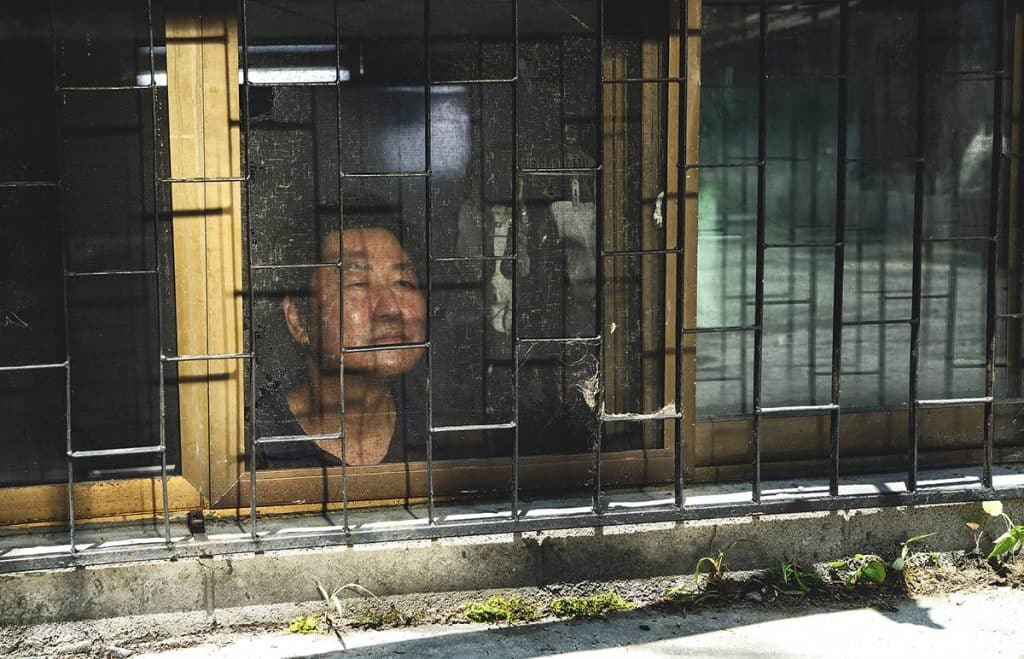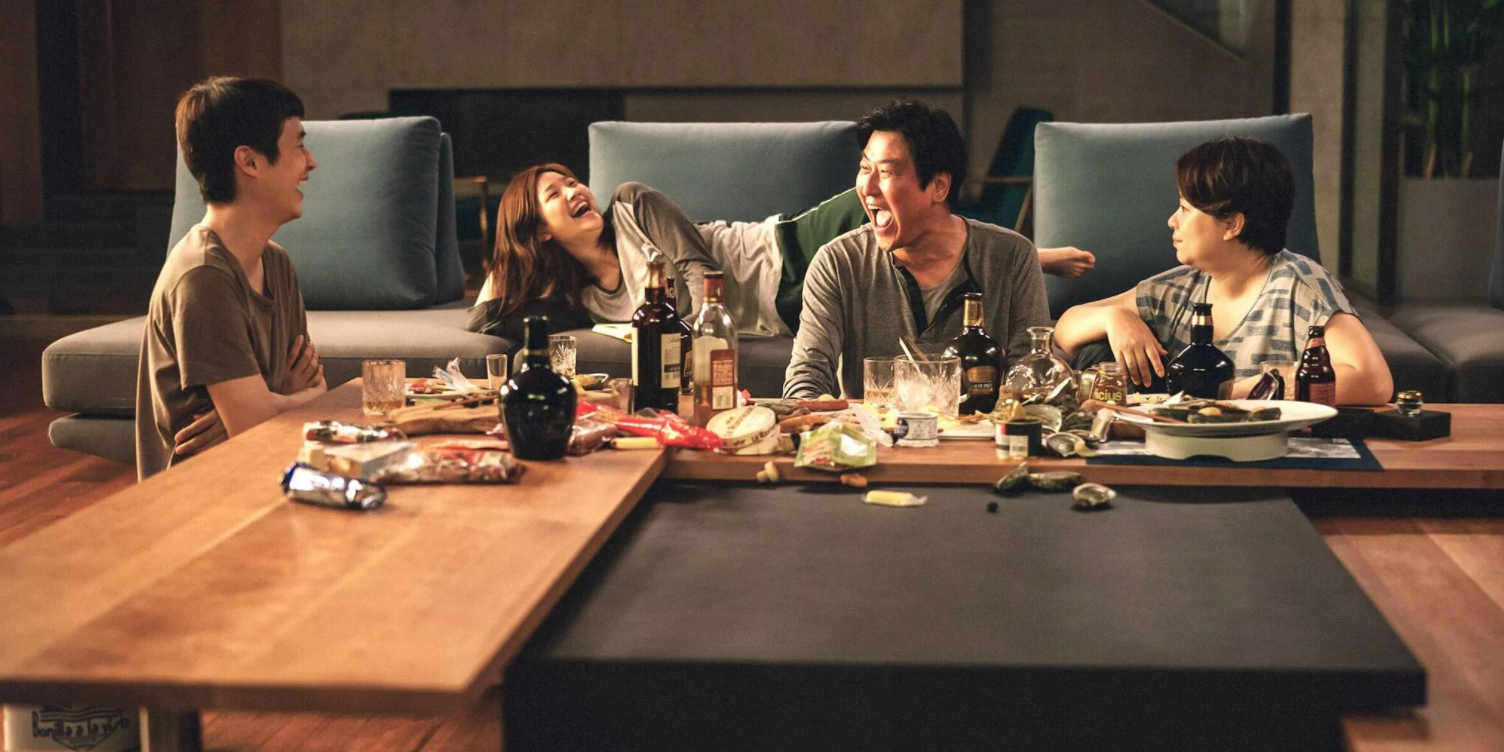The movie Parasite captivated the entire world with its stylish and engrossing narrative about two families. So much deft storytelling and artistry are woven through the movie it’s hard to point to one or two qualities that set it apart from the rest. But surely the one thing that most people acknowledge as a powerful attraction was its unsparing stare at elitism and its potential for devastating consequences.
I was reminded of that movie and its lessons recently as I read the New York Times columnist Thomas Friedman’s op ed: “Who can win America’s politics of humiliation?” 9/8/20. In explaining the fast hold Donald Trump has over a non-college educated voting base, Friedman argues that above all else, they are attracted to “his willingness and evident delight in skewering the people they hate and who they feel look down on them.” Those people are college graduates, the elites who see the degree “both as an avenue for advancement and as the basis for social esteem.” He goes on to say that “the poverty of dignity explains so much more than the poverty of money,” and quotes Nelson Mandela: “there is nobody more dangerous than one who has been humiliated.”
If Aristotle was right that tragic theatre offers a catharsis of emotion, the climactic “skewering” in Parasite is a metaphor for the emotional release that President Trump offers his base.
It wasn’t supposed to be like this for America. A movie like Parasite should not have much more than amusement value for a nation whose dominant cultural demand is for equality. Unlike Korea, there is no Confucian tradition of respect for roles and social hierarchy, conditions that can sometimes yield deep inequality and caste systems. There is no history of setting the educated “yangban” on a pedestal. We laugh at the poor family in Parasite who holds the college student in absolute awe. We find their extravagant praise for a young man just because he is a college student comically pathetic because they seem resigned to their own status as being somehow inferior in character.
Instead, we’re accustomed to valuing the person who is powerfully self-reliant: the frontiersman, the immigrant who built a business from nothing but determination, the dreamer who builds her own world. Each person has an equal right to dignity, and education is just one of many roads to actualize one’s vision for one’s self. Or so we like to think.
Yet, if Friedman is right, somewhere, somehow, this image became a myth, and college education became the key to the kingdom of dignity or worth. So much so that a huge swath of Americans voted in, and ardently support still, a man who loves nothing more than to mock the “elites,” learning, and the liberal thought that often comes from higher education. If the Parasite characters were resigned to their inferior status as uneducated folk, the Americans without college degrees furiously resent the seeming humiliation by the elite and love the man who gives harsh voice to their loss. Thus, Friedman argues, Joe Biden should go into Trump country and respectfully listen to those who feel aggrieved.
I’m not convinced of this narrative. Growing up in western Pennsylvania, everyone who mattered most to me outside my family were white blue-collar Americans without a college degree.
The most important among them were Ruth and Chuck Nicely, a couple already in their 60s, who kept a perfect house in the shaded streets of white Anglo-Saxon Protestant Beaver, PA. The childless couple had nephews and nieces, but my sister and I meant just as much to them, and so did my mother. They shared everything they had with us, their church, cub scouts, movies, every holiday meal.
And next door to our house were Alice and Bill Hayes, another childless, retired couple. But Irish Catholic and proud Democrats from Monaca, PA. “Not like them stuck-up WASPs in Beaver,” Alice sometimes mumbled. If she had a sharp tongue, her Bill was all rounded softness. He was often seen red-eyed about the smallest kindness, and when our mutt of a dog ran away, he could always be found eventually curled beneath a napping Bill on their back porch.

I can’t recall a time when they weren’t there for us. If Aunt Ruth was my mother’s emotional comfort, Alice was her practical instructor on American life. She taught her how to bake, how to broil and toast, how to do the taxes, and even how to drive a car. When my father the young professor couldn’t get the mower to start, Bill the retired steelworker was always there. His only ask was to wait till the Pirates game was over. Bill’s lawn was pristine and the grass never withered in the summer heat. His shiny green Buick was a boat on which his thick body could comfortably cruise.
Across the road from our house was Phil and Betty Graeser. Phil owned a local body shop. Betty was as scary looking as she was generous. One day, as a teenager, I badly damaged my father’s car while my parents were away on a trip to Korea. Full of dread, I told old Phil what happened and asked what it would cost to fix the damage. He glanced at the caved-in side panel and by his look I knew the money I saved wouldn’t be anywhere near enough. But he just took the car away and later that weekend returned it without a single scratch on its gleaming side. He flipped the keys to me and said, “up to you but I wouldn’t tell your dad.”
Of my contemporaries in the neighborhood, the three Beighy boys were the most important. They were wild by nature and forced me to fight them countless times to show I wouldn’t stand for their racist taunts. But they also gave me their comic book collection, taught me how to play chess, how to swim, how to ride a bike, and how to build a ratty go-cart and treacherous treehouses. We grew apart as we got older and as their final lesson for me was smoking pot.
I went to college while they did not. Yet, all of these people, from the Nicelys to the boys were as excited as I about what the future might hold. And in the years when I went back, they were eager to hear about my experiences and dreams. They envisioned adventure and wealth for me but without regret of the lives they contentedly built for themselves. The daily rhythm of work, community, sports and enjoying the outdoors was not something any of them would have traded for the perpetual drone of the thing we rightly call the “rat race.” My path was just one of many.
The idea they would feel any humiliation from either self-doubt or from a class of college elite runs counter to my knowledge of a proud and happy community. While in some parts of the country, Friedman’s theory of a class-based humiliation might hold true, I wonder whether it is as prevalent as he and other elites suppose. The ones I knew lived comfortable, full lives, protected by union agreements, solid wages, then pensions. If they lacked anything economically, I was never aware of it. Their self-pride was a given.
Yet, who can deny a bitter divide discernible now between the urban and educated on the one side and the blue-collar middle-class members who lack a college degree.
I think a driver is that families in that community are no longer anywhere near as financially secure as they were in the 1970s. There is much talk about resentment against immigrants, race, culture, abortion rights, liberalism and conservatism. In the end, those are all serious topics of discussion and debate, but only when engaged among people of equal dignity secure in their ability to provide for a bright future for their children. Confident people are often the most generous ones, as was proven to me countless times by the non-college grads of Monaca, PA who helped ready me for life.
If Parasite offers a tragicomedy metaphor for America, I’m reminded that the poor family in the movie was at first happy. Their emotional engagement with one another, as a family, radiated warmth and love. It stood in contrast to the pristine architectural lines of the rich family’s house that isolated each member to pursue his or her private ambitions. The poor family’s schemes worming into the rich, educated family is a delicious comedy, without a hint of resentment or bitterness.
It is only after a rain storm floods sewage into their pitiful dwelling that the poor father is finally brought to his knees. In this condition, his rage is sparked by a casual comment from the rich father: that a lingering smell clings to the poor. Debilitating poverty rendered even the big-hearted man vulnerable to a thoughtless humiliation from a self-absorbed “elite.”

It is surely true that any candidate for president must respectfully listen to all Americans, but I think what ails us is not the education divide as much as bread on the table. To dwell on college degrees may say more about the obsession of college grads than the wants of the “uncredentialed.” We should instead together solve the puzzle of middle-class security in the tumult of global economics. That is the great challenge of America no less than Korea.





